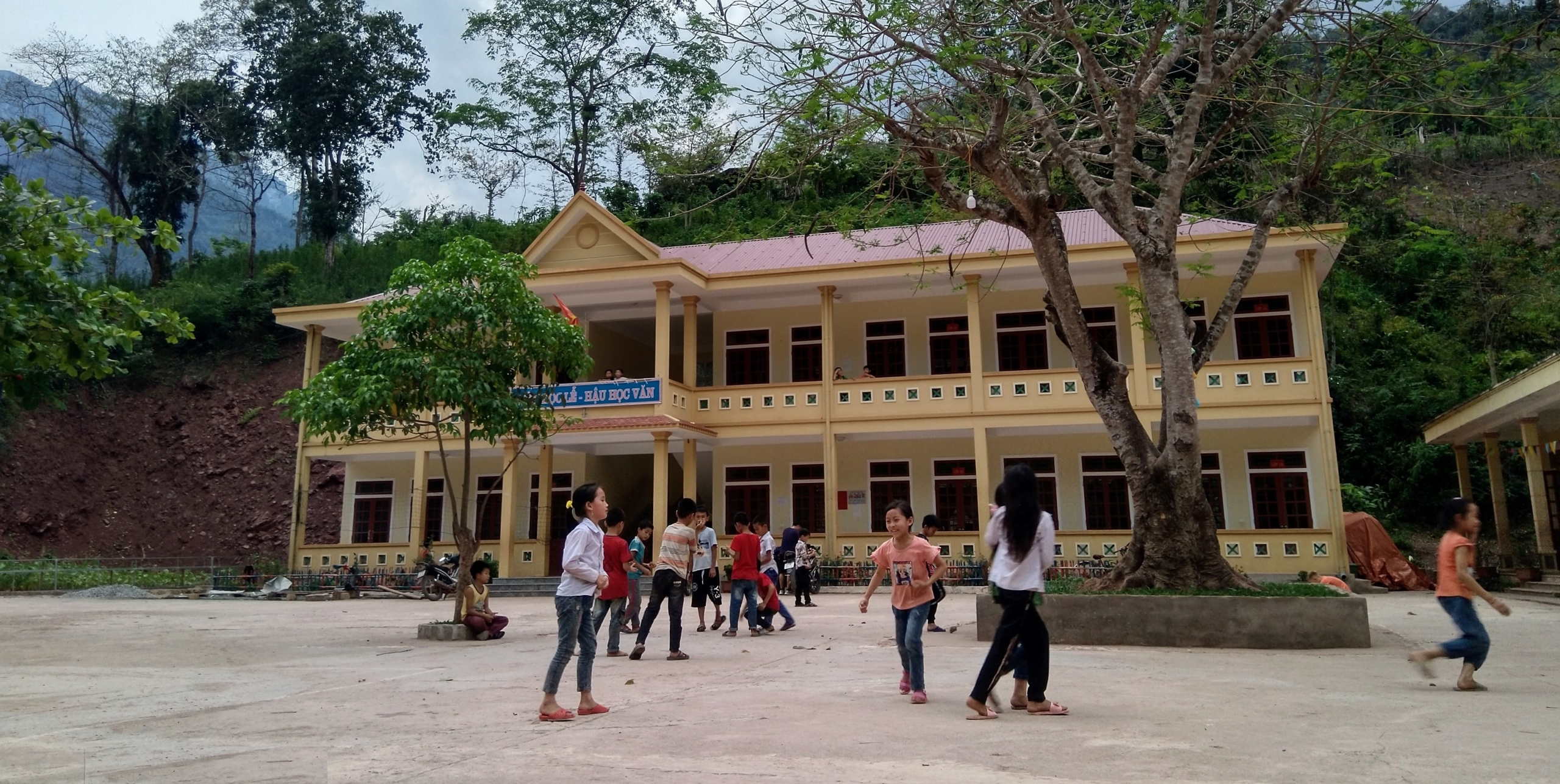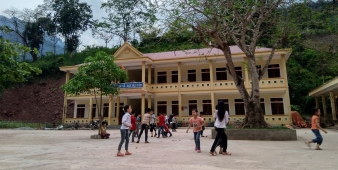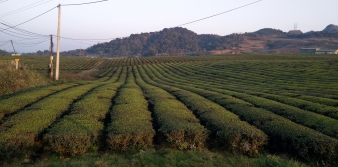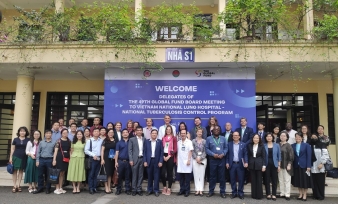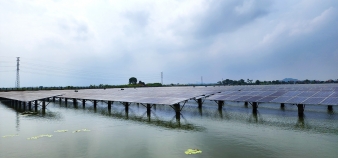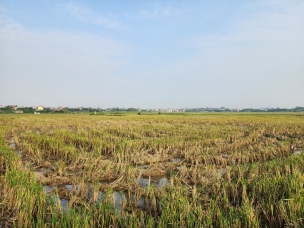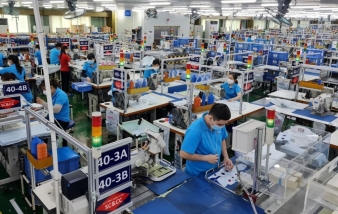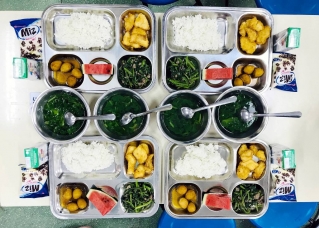Disruptions to education systems have been increasing in both frequency and intensity in South and Southeast Asia, including from the COVID-19 pandemic, as well as from natural disasters, political conflicts, and social divisions. Various efforts, both localized and institutional, have been made to maintain consistency in education despite disruptions; however, current strategies are proving inadequate, resulting in critical impacts on student learning outcomes. In this context, the idea of a comprehensive education system resilience (ESR) emerges as a key concept. Yet, definitions and practices vary significantly across countries. This project explores how diverse stakeholders understand ESR in each of the 14 partner countries and how ESR is currently practiced or institutionalized in local contexts.
The observatory will generate comparative evidence on understandings and practices of Education System Resilience in partner countries and outline a typology of significant and latent issues that education systems face, including gaps in GEI considerations to make policy recommendations. It will conduct case studies with in-depth foresight analysis and develop policy recommendations to foster knowledge sharing and achieve more comprehensive Education System Resilience. Additionally, the project will develop policy briefs, a synthesis report, and an academic paper for knowledge sharing and consultation with policymakers, implementers, and researchers through regional and international conferences.
This project is a part of the GPE KIX Observatory on Education System Resilience initiative and will focus on education system resilience in the South Asia and Southeast Asia region that includes 14 countries (Afghanistan, Bangladesh, Bhutan, Cambodia, Indonesia, Lao PDR, Maldives, Myanmar, Nepal, Pakistan, Philippines, Sri Lanka, Timor-Leste and Vietnam). As part of this project, e.Gen Consultants Ltd., a Bangladesh-based consulting firm, and the Vietnam Institute of Educational Sciences (VNIES) are responsible for carrying out data collection activities in Vietnam.
Main Tasks:
- Develop a Horizon Scanning database, serving as the observatory’s literature review on existing and potential disruptions to education systems and innovative resilience strategies in South Asia and Southeast Asia.
- Lead the development of quantitative and qualitative research tools for primary data collection.
- Conduct field and online surveys with 5,600 teachers in 14 partner countries and identify exemplary cases for further examination.
- Conduct online in-depth interviews (IDIs) with 49 (non-)government officials in sectors concerned with education and resilience practices.
- Conduct case studies on significant disruptions and innovative resilience strategies, using foresight analysis to develop long-term policy roadmaps.
- Analyze qualitative and quantitative data to produce four policy briefs, one synthesis report, and one academic paper.
- Host a stakeholder consultation workshop and present research findings at international education and foresight conferences.
- Cooperate with other GPE-KIX regional observatories and projects around the world to foster knowledge sharing.
Photo: Huong Nguyen
